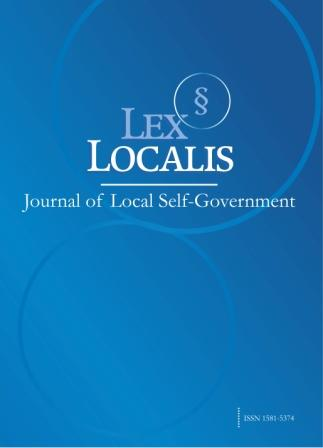Cooperative Work: An Integrative Framework for Oral Interactions in the FLE Classroom (FLE: French as a Foreign Language)
DOI:
https://doi.org/10.52152/9c0nnk87Keywords:
Cooperative Learning – Oral Interaction – Communicative Competence – FLE Classroom – Collaborative PedagogyAbstract
This study examines the pedagogical role of cooperative work as a dynamic and integrative framework for fosteringoral interactions in the classroom of French as a Foreign Language (FLE). It explores how cooperative learningprinciples—such as positive interdependence, individual accountability, and interactive communication—enhancelearners’ oral expression, motivation, and linguistic autonomy. The research emphasizes that oral competence is notonly a linguistic skill but also a social act that develops through interaction and collaboration. By integratingcooperative learning strategies into communicative and task-based approaches, teachers can transform the classroominto a space of dialogue, negotiation of meaning, and shared construction of knowledge. The study adopts adescriptive-analytical methodology based on classroom observations and qualitative interviews with both teachersand learners. Findings reveal that cooperative work contributes significantly to reducing learners’ anxiety, promotingpeer support, and increasing the frequency and quality of oral exchanges. It also highlights the need for teachertraining programs to integrate cooperative strategies as essential tools for enhancing oral competence in FLE.
Downloads
Published
Issue
Section
License
Copyright (c) 2025 Lex localis - Journal of Local Self-Government

This work is licensed under a Creative Commons Attribution-NonCommercial-NoDerivatives 4.0 International License.








